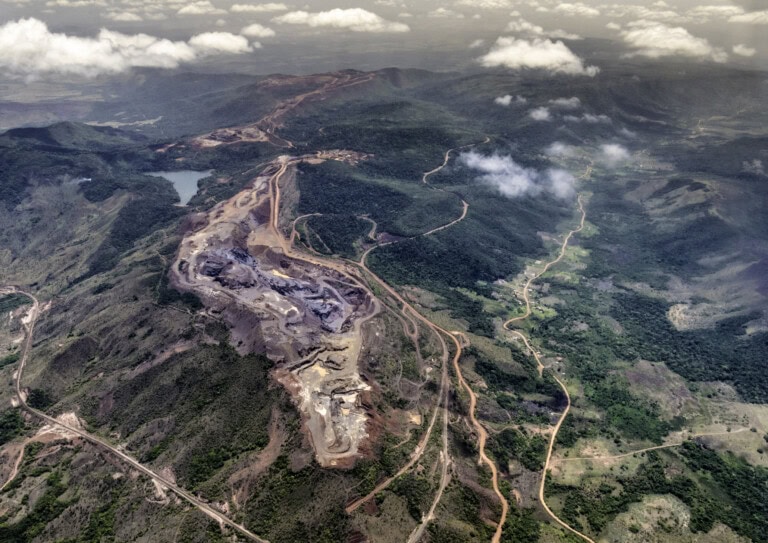Sustainable infrastructure: the time for debate is over

Sustainable infrastructure is a core part of the UK economy and there has never been a time when such an opportunity has presented itself to the infrastructure sector. This topic was a core focus of the UKGBC’s biannual Infrastructure roundtable which was held on the June 28 2018. Hosted by consultancy Turner & Townsend and Alastair Mant (Head of Industry Engagement, UKGBC), the event was attended by a range of sustainability and construction professionals including clients, consultants, contractors, charities and research establishments.
Debate focused on the importance of sustainable infrastructure, key opportunities, challenges and the importance of collaboration and integration. The need for collaboration with other sectors, such as aviation and highways, was evident in order to develop consistent methods for measurement and correctly apportion targets. Debate also focused on the approaches that could be used to disaggregate global and UK carbon reduction targets into sector and industry quotas – a topic which is particularly important given the recent publication of the National Infrastructure Assessment in July 2018.
Key successes in working towards a sustainable infrastructure model were explored including:
- Mark Fenton (Climate Change Specialist – Carbon, HS2) provided an insight into HS2’s approach to carbon management and reduction. HS2’s vision is to be a catalyst for growth across Britain and it’s easy to see how this can be achieved considering that the route will serve 25 stations and connect almost half of Britain’s population. It is clear that sustainability has been embedded into the project – HS2’s ambition is to ‘build the most sustainable high speed railway’ and the project endorsed the UK Infrastructure Carbon Review. These are significant commitments for such a large project.
In practice sustainability will be delivered via the project’s benefit realisation process and carbon management system, which provide outcome based targets and accountability. HS2 also require all Tier 1 contractors to be PAS2080 accredited (Carbon Management in Infrastructure) and it would be helpful to assess the benefit this delivers in due course. It is estimated that the scheme will generate approximately 6m tonnes CO2e during construction and 3m tonnes CO2e during operation. The roundtable discussion was naturally drawn to how carbon benchmarks and targets were set, and the complexity of these calculations is clear.
- Dr Kristian Steele (Associate, Arup) explored a study commissioned by the Rail Safety and Standards Board (RSSB) to review the feasibility of setting science based carbon targets for the rail industry. In order to inform a business case for adoption, the study assessed various technical approaches which could be used and potential governance structures for deployment. Kristian described how the RSSB is uniquely placed in the sector to influence the adoption of carbon targets due to their position, experience and credibility.
- The Low Carbon Routemap for the UK Built Environment indicates that an 80% reduction in carbon emissions can be achieved by 2050 if there is maximum uptake of technically viable solutions in all sectors. The UKGBC Infrastructure Roundtable demonstrated the excellent work that is being undertaken by many organisations to practically implement sustainability policies and carbon reduction strategies. This is clearly what the industry needs – leadership, collaboration and practical implementation of initiatives. The time for debate is over, we need to act now and promote delivery of sustainable infrastructure.
Find out more and get involved with our regular Infrastructure Forum.
Make sure to follow the UK Green Building Council on Twitter, LinkedIn, and Facebook.
Related
Navigating the challenges around hard-to-recycle materials

What are the environmental impacts of construction materials? An introduction to Embodied Ecological Impacts

Why is social value so crucial when developing and managing commercial real estate?

Biodiversity Net Gain: Are you ready for the incoming legislation?

